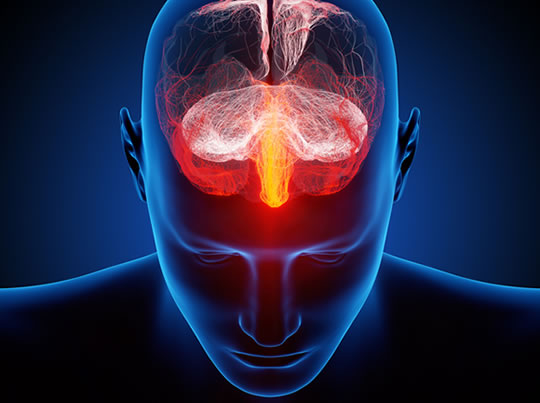Scientists have slowed down the cognitive and physical ageing process in mice.
Brain cells in the hypothalamus govern how fast the mind and body ages, new research finds.
The hypothalamus is a part of the brain important in how we grow, develop, reproduce and how our metabolism works.
In the hypothalamus there are a small number of cells that control our ageing.
Professor Dongsheng Cai, who led the study, said:
“Our research shows that the number of hypothalamic neural stem cells naturally declines over the life of the animal, and this decline accelerates aging.
But we also found that the effects of this loss are not irreversible.
By replenishing these stem cells or the molecules they produce, it’s possible to slow and even reverse various aspects of aging throughout the body.”
The scientists tried disrupting these brain cells in mice to test the effect.
Professor Cai explained the results:
“This disruption greatly accelerated aging compared with control mice, and those animals with disrupted stem cells died earlier than normal.”
Next, the researchers tried injecting stem cells into this area of the brains of mice who were middle-aged or old.
The effect was to slow or prevent ageing.
The mice were better preserved both mentally and physically after being given the stem cells.
The finding could lead to therapies for extending the human lifespan and improving cognition in advanced years.
The study was published in the journal Nature (Zhang et al., 2017).
Brain illustration image from Shutterstock

